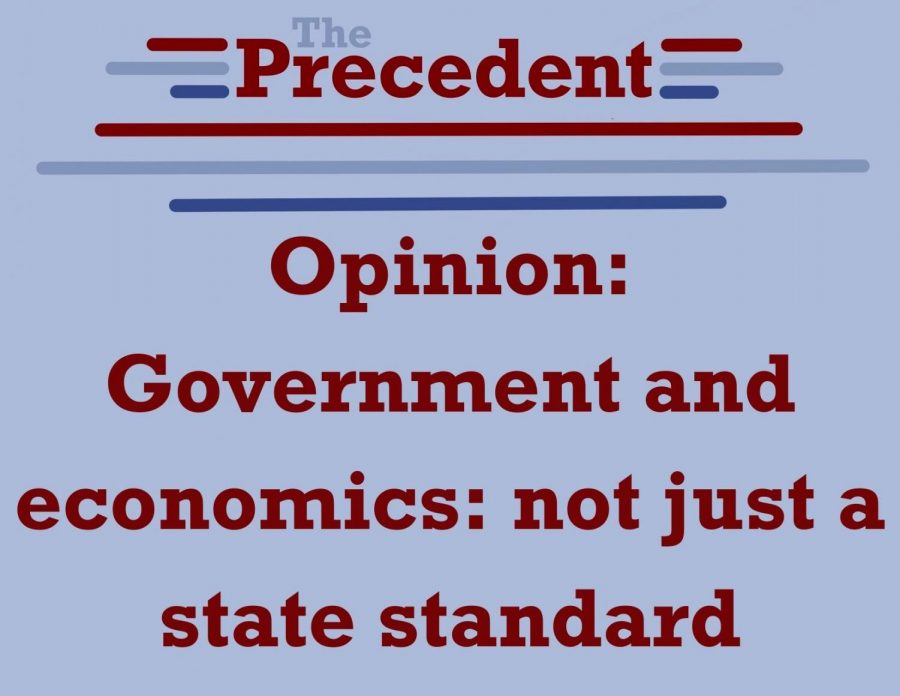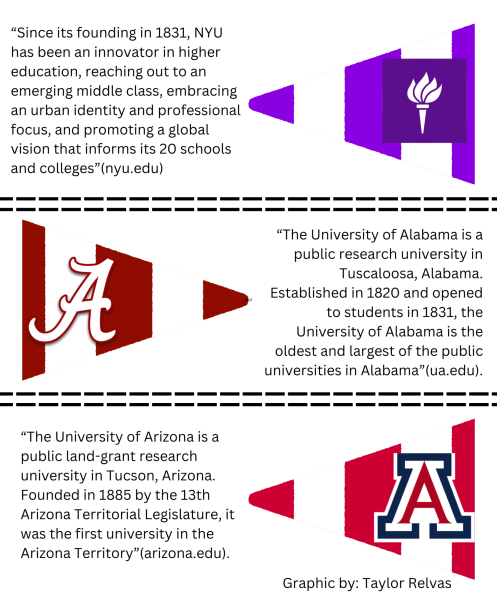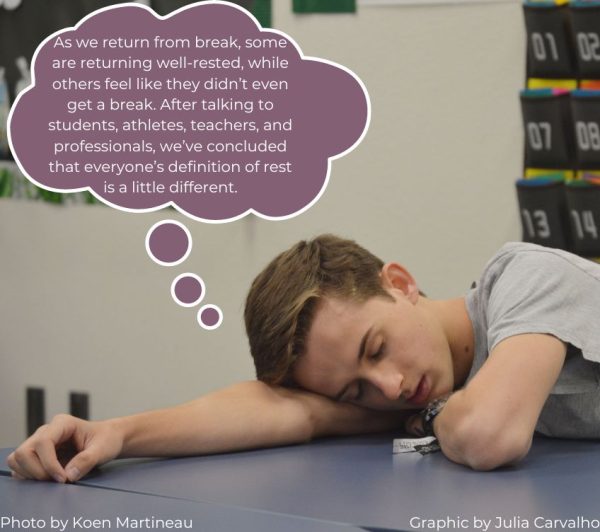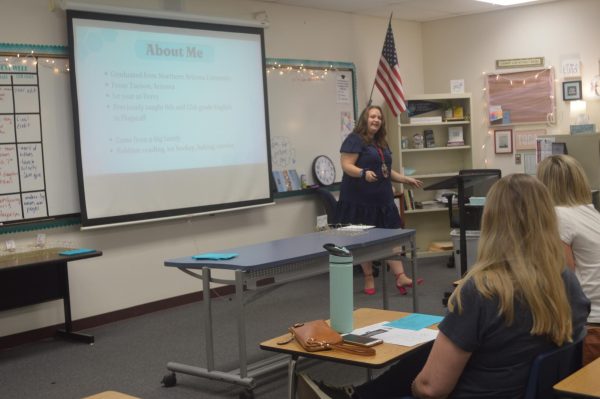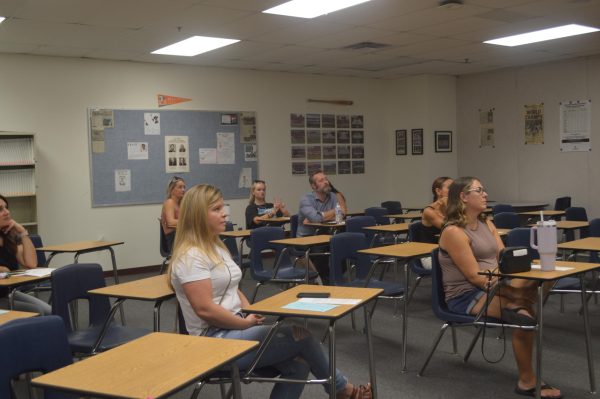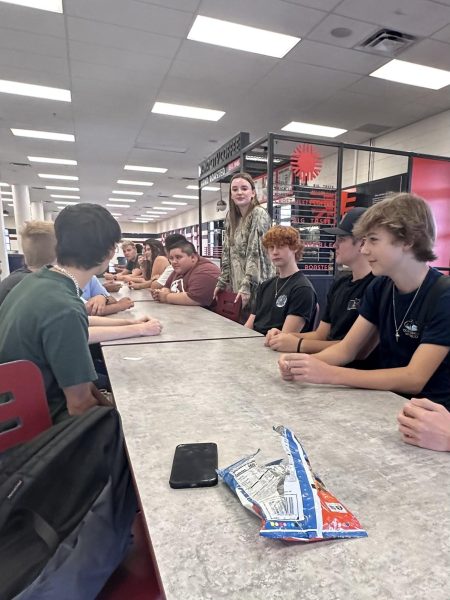Government and economics: not just a state standard
In a world that becomes increasingly more complicated each year, it is more than crucial for future generations to learn about what makes the world go around. It has been said that there are two topics people should never discuss: politics and finances. Contrary to this belief, government and economics are the most common subjects swirling around the media. Because they cover daily lives, there needs to be more priority on government and economics.
Arizona requires only half a credit of government and half a credit of economics. While Perry teachers manage to fit all the required curriculum into one semester, it is definitely not ideal. It is not uncommon to hear teachers of these subjects wish that they had time for an interactive activity or deeper study in an area, but skip it due to having to stick to an extremely time-sensitive schedule.
How is high school supposed to adequately create knowledgeable voters who can define biases and make just decisions when half of the class is already eligible to vote and they have only begun to dissect the founding documents of their country? It is near impossible for students to develop reasonable credit and spend money sensibly when they are already in their final months of high school when they just begin to uncover what “credit” even means.
Each of these classes should take a year instead. Let the students and teacher bond over events that are happening right as they learn. Students could watch the stock market fluctuate back and forth and study it for a year while they learn how to file their taxes properly and learn how credit affects finances. They could watch pieces of election cycles and create mock events that give students a better understanding of how the US democracy works.
As the world continues to become more apparent and more divided than ever, students need to learn what they will carry with them through every tax season and every election cycle instead of teaching every student formulaic math and science, such as calculating velocities and chemistry’s stoichiometry, that they will likely never use again.
It is especially abundant that we do not have enough financial knowledge when students create an extra-curricular club called the financial literacy club in order for more students to learn how to be effective spenders, savers, and investors. While this club serves a wonderful purpose, classes should be the ones to teach about financial, what should be, common sense.
All in all, there should be much more focus on the real-life skills that each citizen will undoubtedly need in their future. The democracy, the voting system, the economy, they need students to keep it just.

Madeleine Nseir is a senior in her second year with The Precedent. She is co-president of on-campus club, Operation Smile, and in the Puma Regiment. Other...

